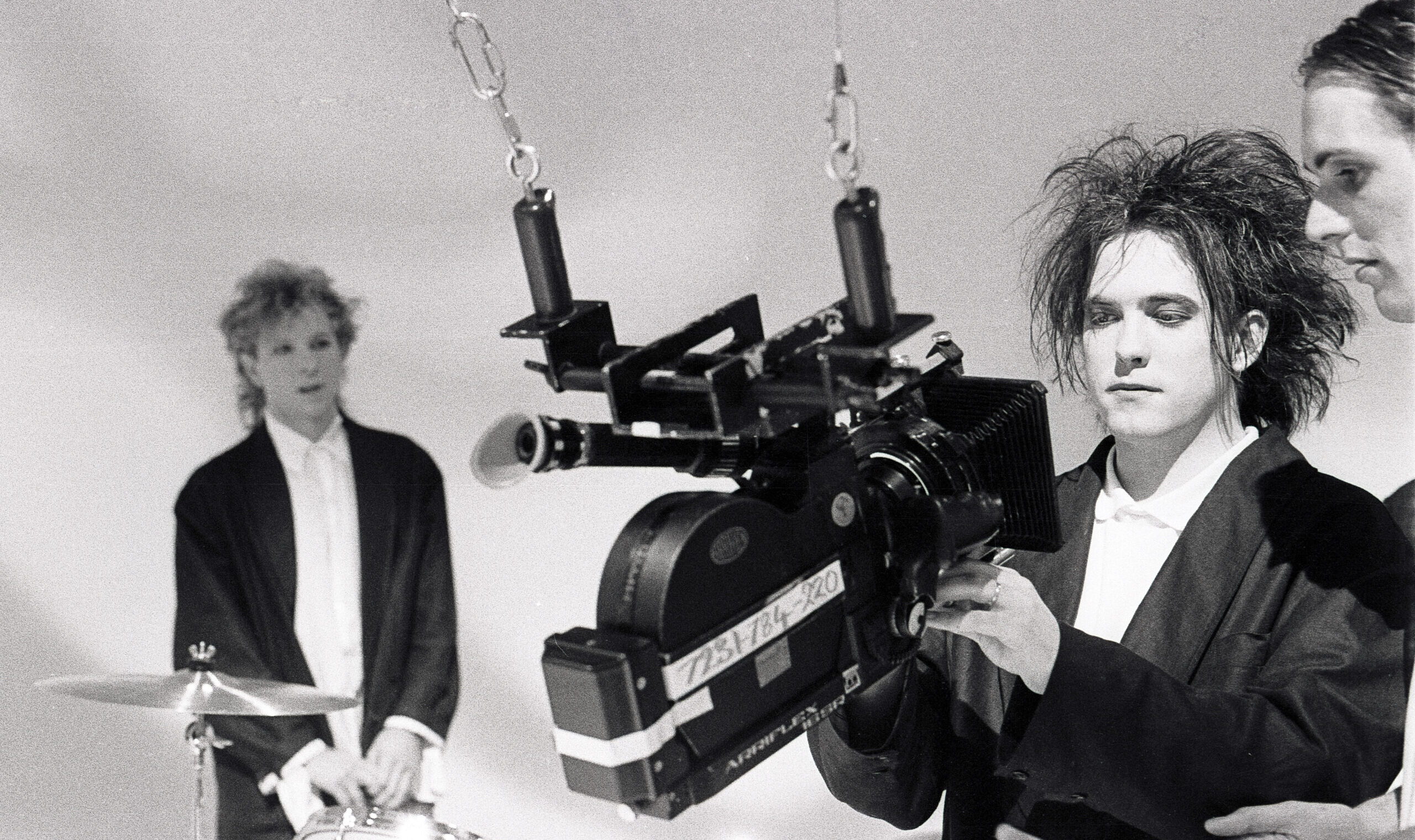Tom Friedman: High-Tech Philistine
Tom Friedman is an easy target for criticism. It’s just too easy to find something to mock in his signature blend of boyish enthusiasm, tortured metaphor, and devotion to cooperation as an end in itself. For Friedman, there are no dilemmas in public life, no tragic choices between incompatible goods. There are only challenges that can be resolved by the use of technology in a spirit of good will.
So I wouldn’t bother mentioning Friedman’s latest column if it did not so closely reflect the conventional wisdom about the future of higher education. At the end of a tribute to the transformative potential of MOOCs (massive open online courses), Friedman imagines the world about to dawn:
I can see a day soon where you’ll create your own college degree by taking the best online courses from the best professors from around the world — some computing from Stanford, some entrepreneurship from Wharton, some ethics from Brandeis, some literature from Edinburgh — paying only the nominal fee for the certificates of completion.
It is impossible to overstate the vulgarity of this vision. For Friedman, the aspirant to a degree is not a student with something to learn. Rather, she is an informed customer in a position to pick and choose responsibly the credentials he wishes to acquire.
Naturally, an informed customer wants good value for her money. So she will seek out the “best” classes from the “best” professors, even though it’s entirely unclear which criteria inform this judgment. This selection won’t be driven entirely by vocational considerations. So Friedman’s educational consumer will blend a little literature and ethics with her computing and “entrepreneurship”. Excessive attention to the humanities would presumably damage one’s job prospects. But it’s nice to be able to chat about Flaubert or Aristotle at dinner parties.
Friedman may be right about the shape of things to come. What’s disturbing is his evident enthusiasm for the replacement of traditional academic ideals with the logic of the marketplace. It’s true enough that American colleges and universities have not always been good stewards of these ideals. It does not follow, however, that we should join Friedman in welcoming their transformation into high-tech correspondence courses.
